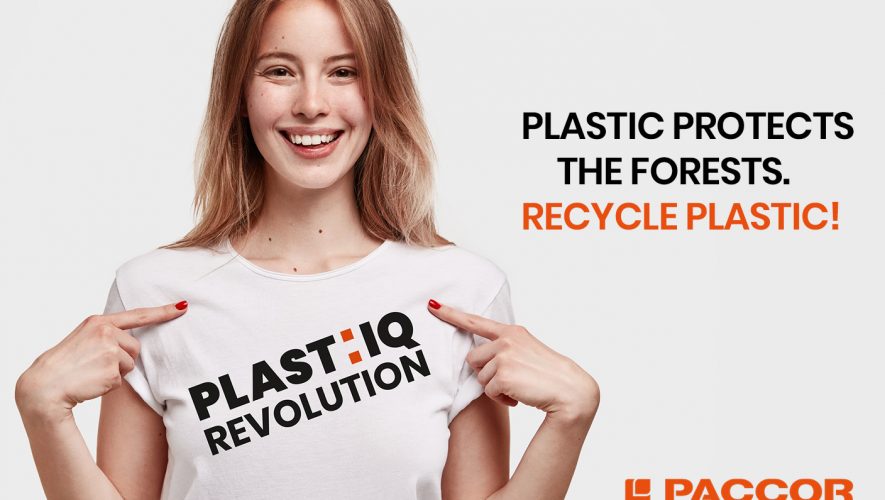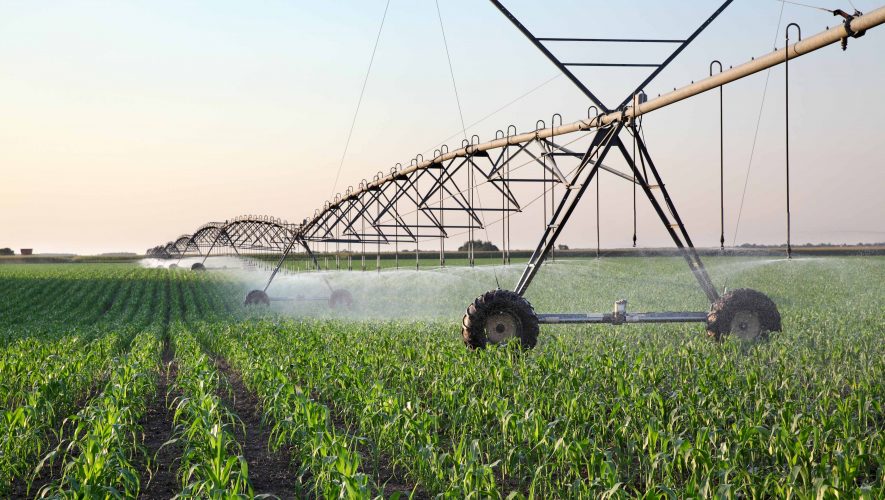The “bio” label is well received – not only for food, but also for packaging. More and more consumers are turning to products that are packaged in bioplastics with the assumption that they are choosing environmentally friendly packaging. Most consumers are unaware of the devastating environmental impact of many bioplastics.
The majority of bioplastics come from Asia (55%), followed by Europe (19%) and North America (16%). South America, which produces comparatively little bioplastics (9%), provides the majority of the raw materials processed into bioplastics worldwide. Especially in Brazil, sugar cane is grown on a large scale – mostly under catastrophic conditions for people and the environment. The cultivation, which is often carried out in monocultures, consumes vast amounts of water, fertilizer, chemicals and soil: arable land for food production is lost or forests are cleared for new cultivation areas.
It is by no means guaranteed that bioplastics can be produced and disposed of in an environmentally and climate-friendly manner.
In fact, most of these products prove to be harmful to the environment and the climate – both in production and in disposal. Because bioplastics are not as easily biodegradable as the name suggests. Whether a substance is degraded at all and how quickly is decided by the chemical structure of its raw materials – regardless of whether they come from plants or petroleum. Take bio-PET, for example: Although the ethanol required for production is obtained from sugar cane, bio-PET is just as non-biodegradable as synthetically produced PET.
According to a European standard, bioplastics are considered compostable if they break down into water, carbon dioxide and biomass after 12 weeks in industrial composting plants. The problem: in such industrial composting plants, organic waste only rots for around six weeks. It would take twice as much time until the compostable bioplastic bags, for example, are degraded far enough – but that is usually not profitable for waste recyclers. Bioplastic, like all other types of plastic, is therefore sorted out and burned.
Recycling instead of composting is therefore the order of the day. Reusing plastic is much more environmentally friendly than composting it. For this, plastic does not have to be biodegradable.



